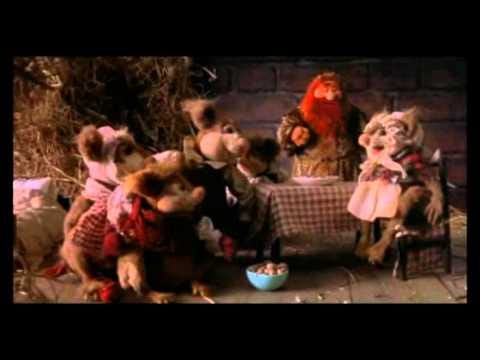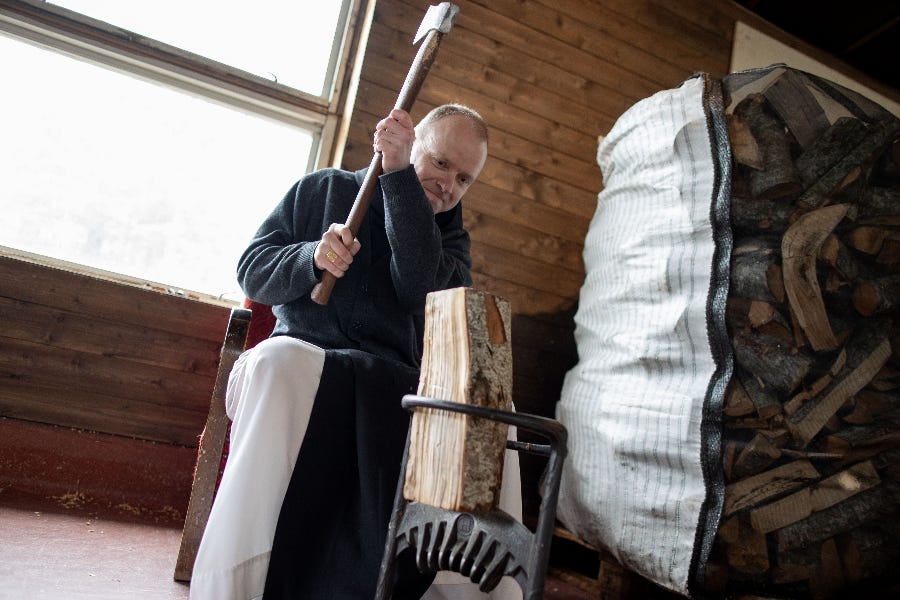Cardinal Giuseppe Bertello, president of the governorate of Vatican City, instituted on Monday a new set of public health regulations for the city-state, in response to the coronavirus.
The announcement has been widely pitched as a vaccine “mandate” in media reports, especially since it comes amid public debate about similar measures adopted by Catholic dioceses in North America, and about the freedom of conscience for Catholics who want to refuse vaccination.
But does the Vatican order require vaccines for everyone? What are the exemptions, and what is the context?
The Pillar explains:
What does the Vatican require?
The order requires that anyone entering Vatican City or its “extraterritorial properties” will be required to show a Covid “green pass” or other proof of vaccination, issued either by the Vatican or another government or health authority. It takes effect Oct. 1.
The rules do not apply to those attending Masses or other liturgies, who are not required to show any vaccine status. And those entering for other business can show naturally acquired immunity instead of a vaccine, by demonstrating “recovery from SARS-Cov-2, i.e. by performing a rapid molecular or antigen test with negative for SARS-Cov-2 virus.”
The rule will be enforced by the Vatican’s Corps of Gendarmes.
The new Vatican rule was issued after an audience with Pope Francis earlier this month, during which the pope told Cardinal Bertello “to adopt every suitable measure to prevent, control and contrast the health emergency public in progress in the Vatican City State,” according to the order’s text.
The pope urged that the rules be written while “respecting the dignity, rights and fundamental freedoms of every one of the members [of the Vatican community.”
The regulations come amid ongoing debate about other vaccine mandates in the Catholic dioceses in North America.
What do churches in the U.S. require?
The bishops of the dioceses of El Paso, Lexington and Chicago have stated that requiring a vaccine of all employees and clerics, with narrow possibilities for medical exemptions, is a necessary service to the common good.
But other dioceses, including some state Catholic bishops conferences, have issued their own support for Catholics citing religious freedom objections to vaccine mandates.
The bishops of Colorado have made objections to employer mandates, and circulated a letter template for Catholics seeking an exemption on religious grounds. The Catholic bishops of Wisconsin have issued a statement encouraging the faithful to get vaccinated, while also objecting to employer mandates.
Meanwhile, in Canada
The archdiocesan policy specifically applies to all “Masses, prayer meetings, baptisms, weddings and funerals,” as well as meetings and other administrative gatherings. Parish volunteers will be tasked with collecting names of all attendees and certifying their vaccination status, and maintaining lists of vaccinated parishioners which “may eventually be requested by the government.”
Unvaccinated individuals may present themselves at parish offices for “information or service,” while masked and socially distanced, the archdiocese said.
But only state-issued exemptions from the vaccine mandate would be accepted for liturgies, meetings, or other group gatherings. Such exemptions are “rare,” the archdiocese noted.
No provision is made by the archdiocese for Catholics wishing to decline vaccinations because of religious or conscience objections.
The regulations apply to all indoor gatherings in the province of New Brunswick and are not specific to religious gatherings or properties. The archdiocese said that it had decided to agree to the measures “not only to respect the government's request but above all to help stop the spread of the virus.”
Vatican City: Immunity, not vaccination
Unlike the measures adopted by the Archdiocese of Moncton, the Vatican’s vaccine “mandate” contains several exceptions and exemptions — including the absence of any vaccine requirement for liturgical worship, and the possibility of an immunity or negative test alternative.
Although the Vatican has offered coronavirus vaccinations for all residents and employees for nearly a year, and Pope Francis has repeatedly called on Catholics to get vaccinated as a service to the community, it has not issued a directive requiring vaccination as a condition of employment. This seems to be reflective of the Vatican’s moral teaching on vaccinations, which say that vaccination should be voluntary.
The CDF concluded that COVID-19 vaccines developed, researched, or tested utilizing fetal cell lines is morally permissible when no alternative COVID-19 vaccine is available or accessible.
“It must be considered that, in[the case of pandemic], all vaccinations recognized as clinically safe and effective can be used in good conscience with the certain knowledge that the use of such vaccines does not constitute formal cooperation with the abortion from which the cells used in production of the vaccines derive.”
“At the same time,” the CDF said, “practical reason makes evident that vaccination is not, as a rule, a moral obligation and that, therefore, it must be voluntary.”
“From the ethical point of view, the morality of vaccination depends not only on the duty to protect one's own health, but also on the duty to pursue the common good. In the absence of other means to stop or even prevent the epidemic, the common good may recommend vaccination, especially to protect the weakest and most exposed.”
“Those who, however, for reasons of conscience, refuse vaccines produced with cell lines from aborted fetuses, must do their utmost to avoid, by other prophylactic means and appropriate behavior, becoming vehicles for the transmission of the infectious agent. In particular, they must avoid any risk to the health of those who cannot be vaccinated for medical or other reasons, and who are the most vulnerable.”




